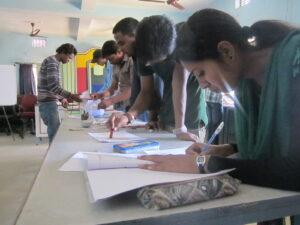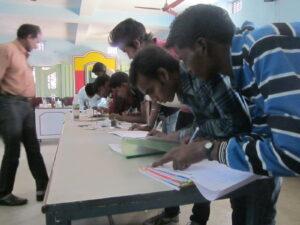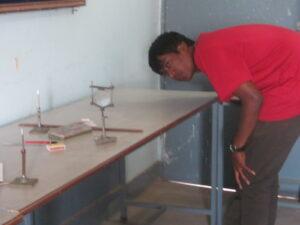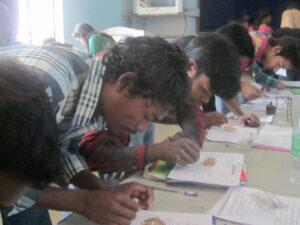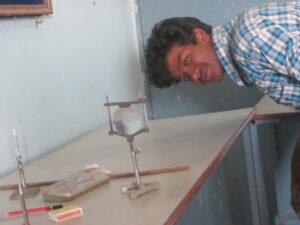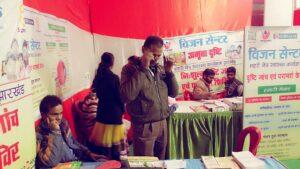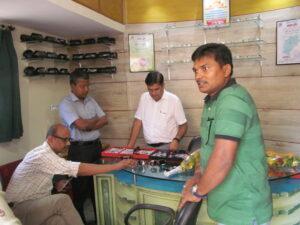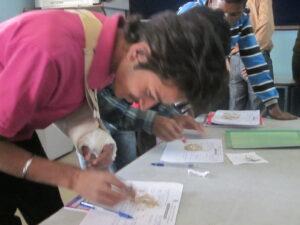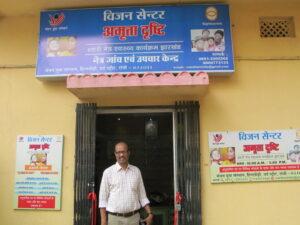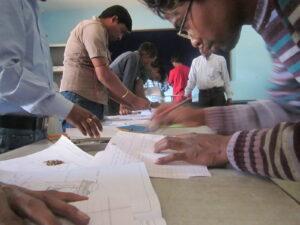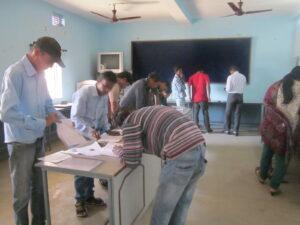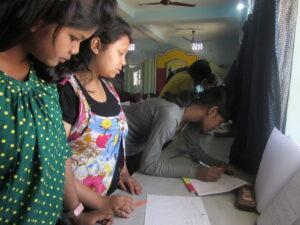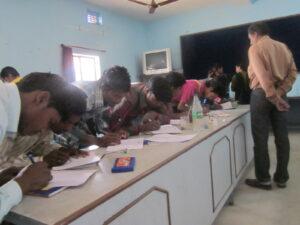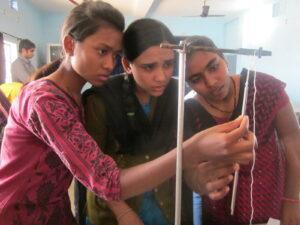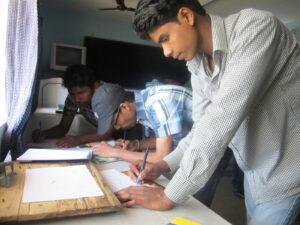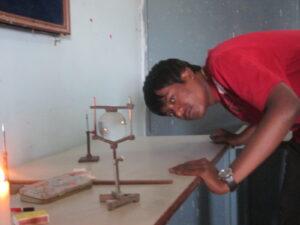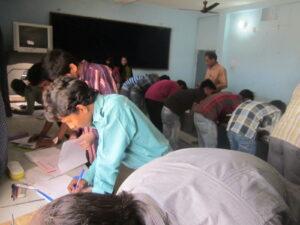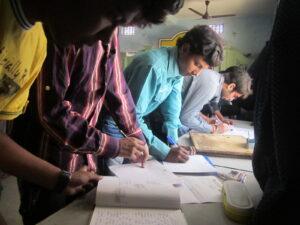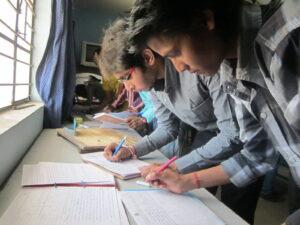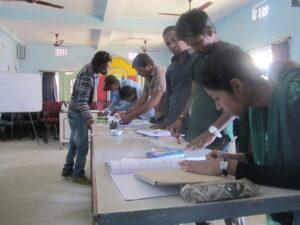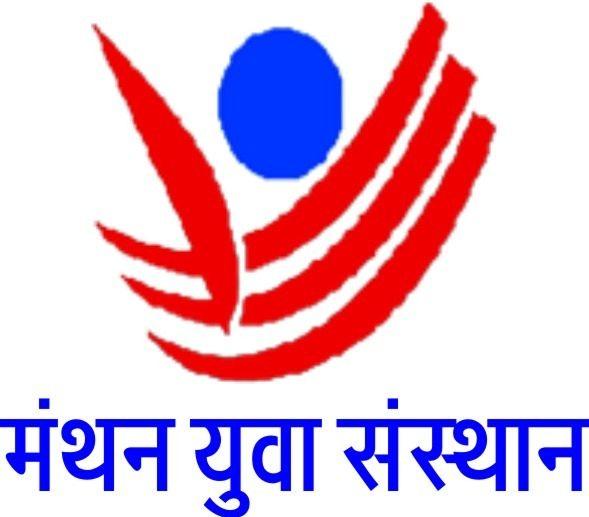Our current projects
1. Zero Waste Management Project
The Zero Waste Management Project aims to address the pressing issue of waste generation and disposal in our community.
The rapid urbanization and increasing consumption patterns have led to a significant rise in waste generation, causing environmental pollution and health hazards. This project seeks to promote a circular economy model, where waste is viewed as a valuable resource and not just a burden.
Through this project, we are implementing innovative waste management strategies that focus on waste reduction, recycling, and resource recovery. By raising awareness about waste segregation and encouraging responsible waste disposal practices, we hope to significantly reduce the amount of waste ending up in landfills or improperly disposed of, thereby minimizing the environmental impact.
Main Objectives of the Projects:
- Promote waste reduction and efficient waste segregation at the source.
- Engage the community through education and awareness campaigns on responsible waste disposal.
- Partner with local community to promote sustainable practices and reduce their waste footprint.
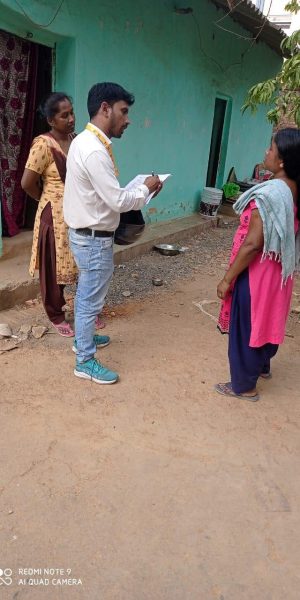
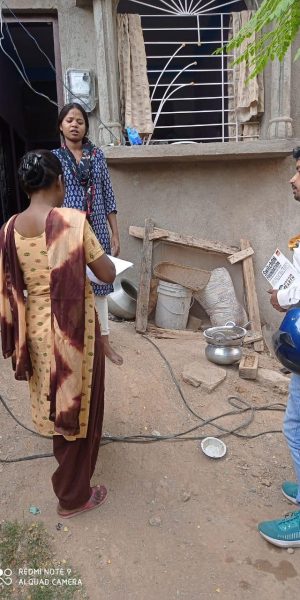

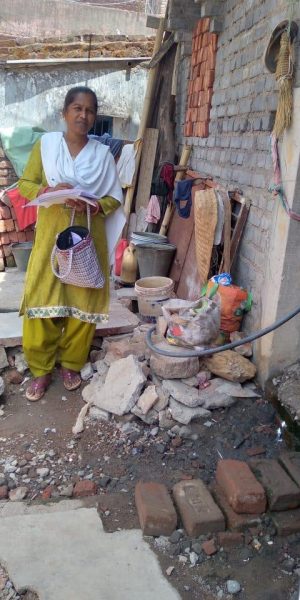



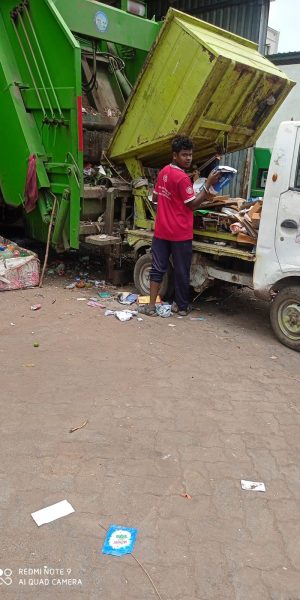
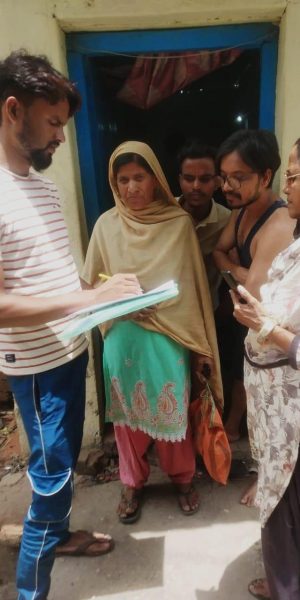

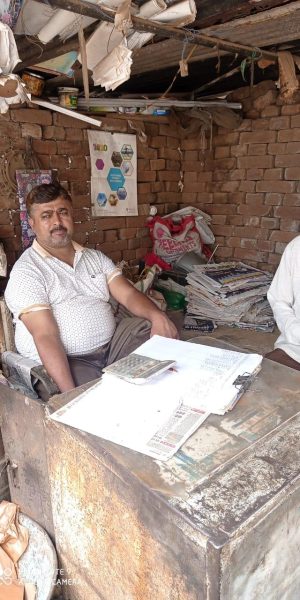



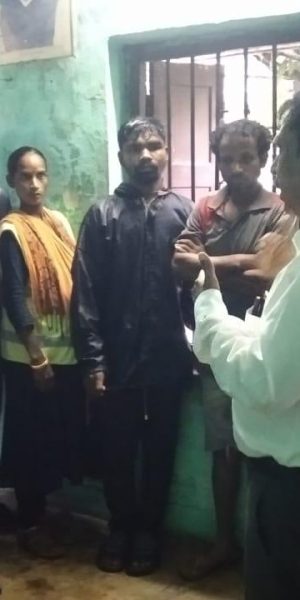
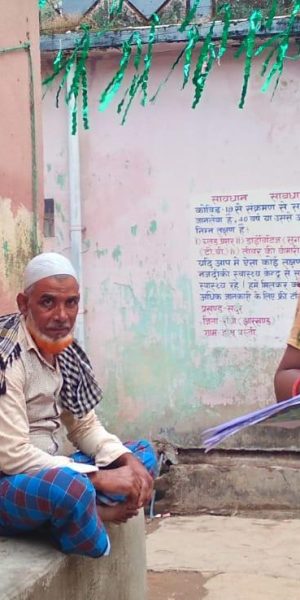
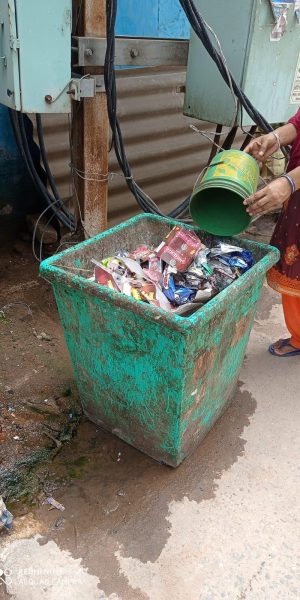

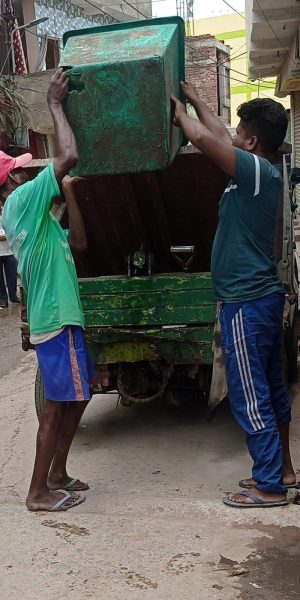
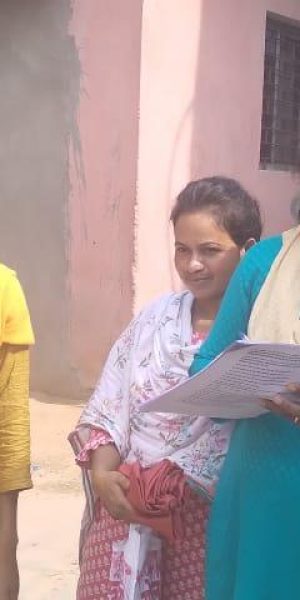
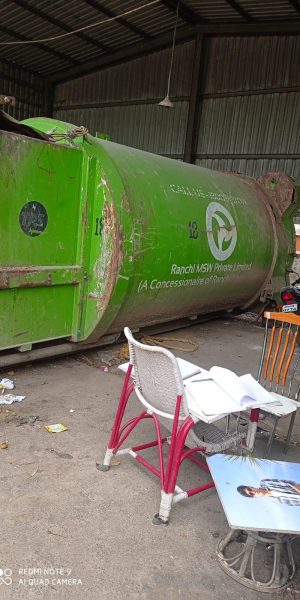


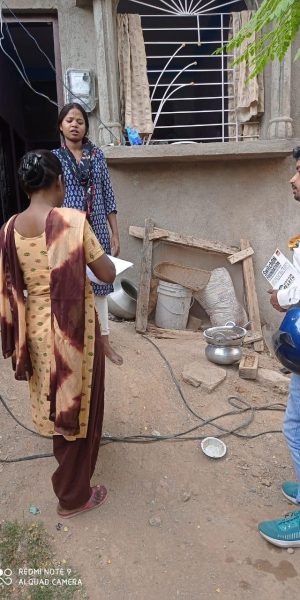
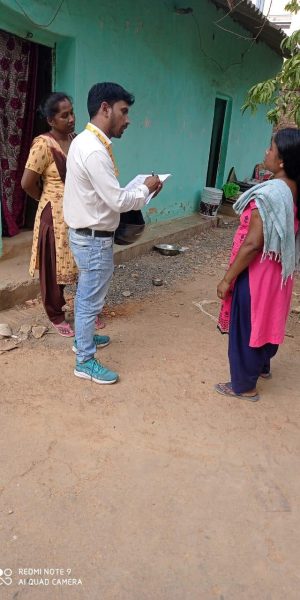
2. City Network Development Project
The City Network Development Project envisions creating a well-connected and sustainable urban environment that fosters economic growth, social inclusion, and environmental harmony.
Rapid urbanization often leads to challenges such as inefficient infrastructure, unequal distribution of resources, and environmental degradation.
In this project, we collaborate with local government bodies, community stakeholders, and various organizations to plan and implement sustainable development initiatives. The focus is on building a network of interconnected services and systems that promote smart city solutions, such as efficient transportation, renewable energy utilization, smart water management, and eco-friendly infrastructure.
Main Objectives of the Projects:
- Create a comprehensive plan for urban development that prioritizes sustainability and inclusivity.
- Implement renewable energy solutions to transition towards a greener and more energy-efficient city.
- Foster collaboration between various stakeholders to ensure collective efforts towards sustainable urban development.
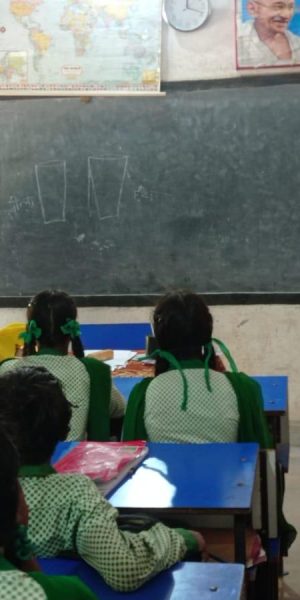
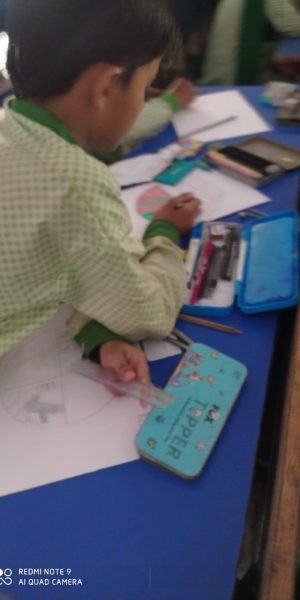
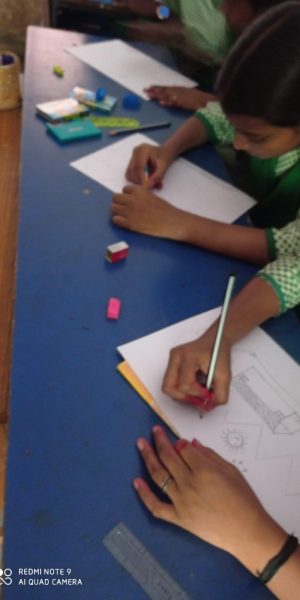
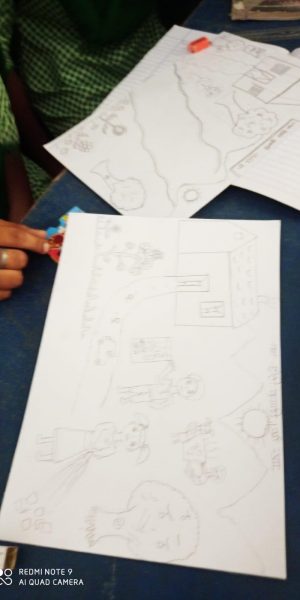
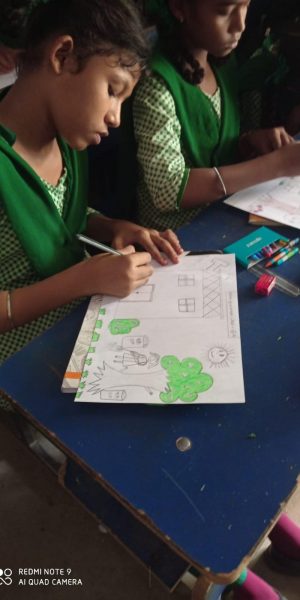
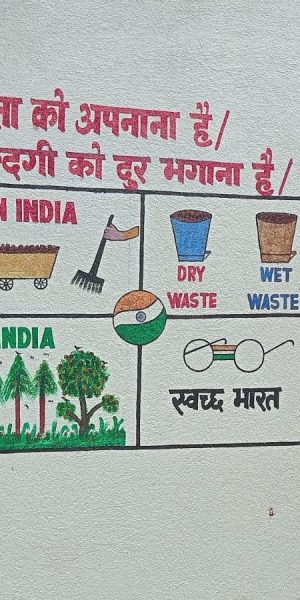
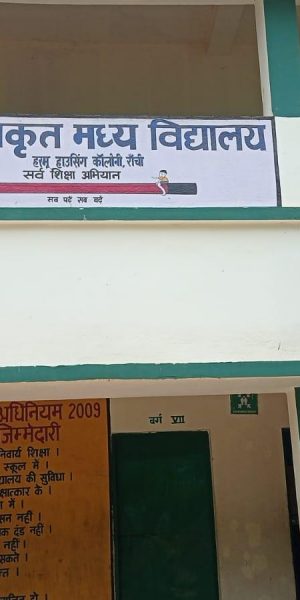
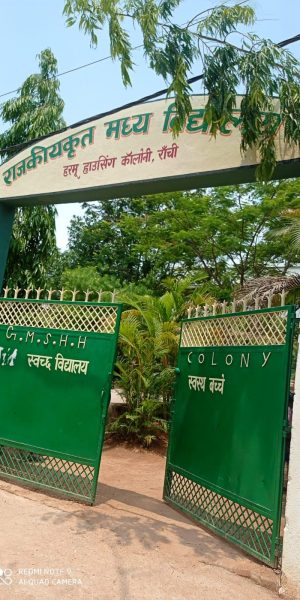
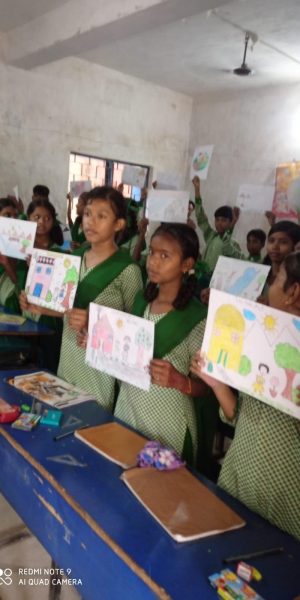
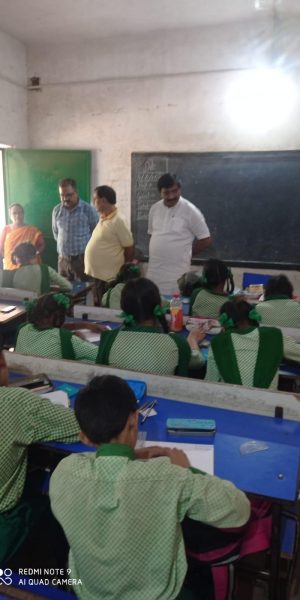
3. Dr. Bhim Rao Ambedkar Gram Unnat Yojana
Project Background:
Manthan Yuva Sansthan is currently working on the “Dr. Bhim Rao Ambedkar Gram Unnat Yojana” project. This project is named after Dr. Bhim Rao Ambedkar, a prominent social reformer, jurist, and the chief architect of the Indian Constitution. The project is inspired by his vision to uplift rural communities and promote inclusive development in remote and underprivileged areas.
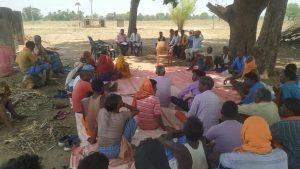
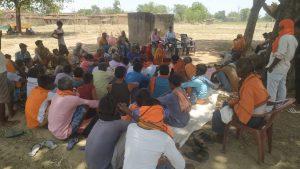
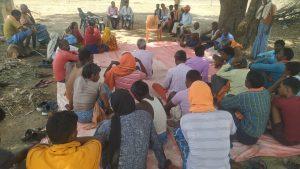
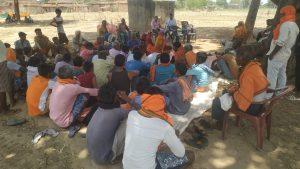
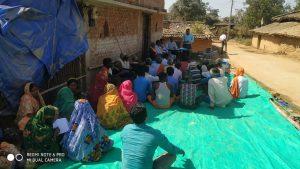
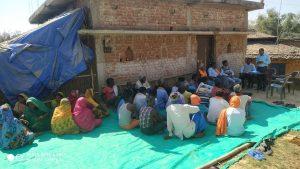
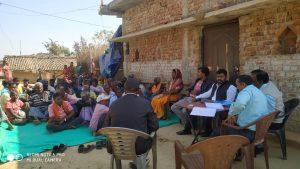
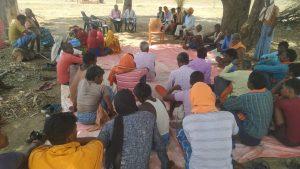
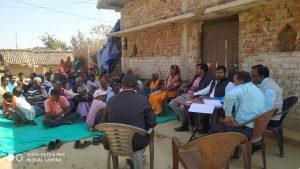


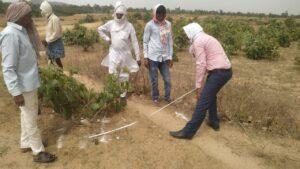

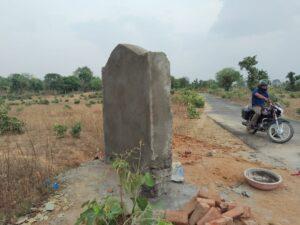
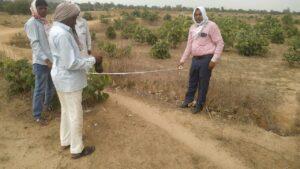
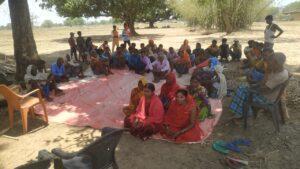
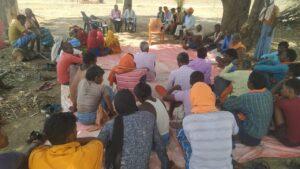
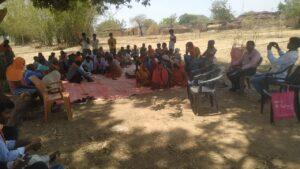
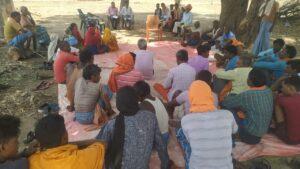
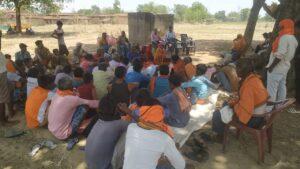
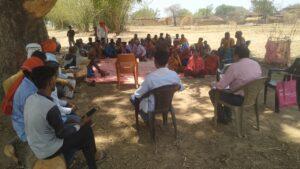
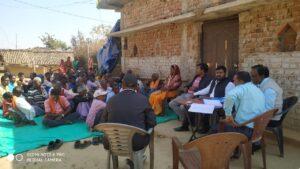
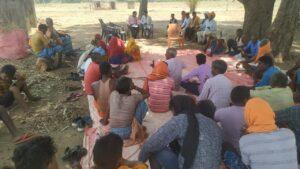
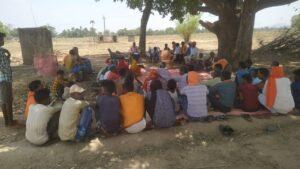
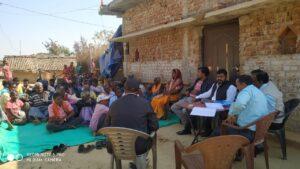
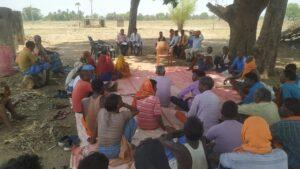
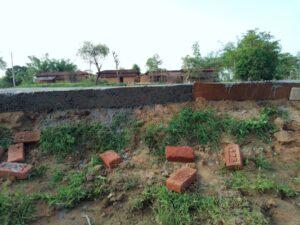
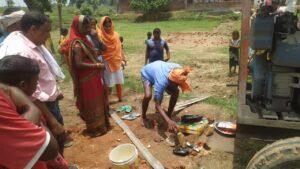
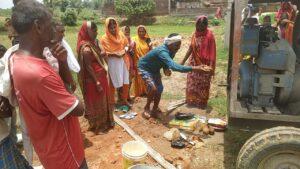
The main objective of this project:
The primary goal of the “Dr. Bhim Rao Ambedkar Gram Unnat Yojana” is to bring about holistic development and prosperity in rural areas, with a special focus on marginalized communities and socially disadvantaged groups. The project aims to address various socio-economic challenges faced by these communities and create opportunities for their overall upliftment. Some of the main objectives include:
- Infrastructure Development: Enhancing the basic infrastructure of the villages, such as roads, water supply, sanitation facilities, schools, and healthcare centers. This will improve the overall living conditions and accessibility of essential services.
- Agricultural Advancement: Implementing modern agricultural practices, promoting sustainable farming techniques, and providing farmers with necessary resources and knowledge to improve their agricultural productivity. This will help in increasing income levels and reducing rural poverty.
- Livelihood Diversification: Encouraging and supporting the establishment of small-scale industries, cottage businesses, and vocational training centers to generate alternative livelihood opportunities. This will reduce the dependency on agriculture and create a more diversified economic base.
- Education and Skill Development: Promoting education among children and adults alike by establishing schools and adult education centers. Additionally, providing skill development programs to empower youth with employable skills and entrepreneurship training.
- Healthcare Services: Ensuring access to basic healthcare services by setting up healthcare centers, organizing medical camps, and spreading awareness about health and hygiene practices.
- Women Empowerment: Encouraging and supporting women’s active participation in the development process through self-help groups, training, and access to micro-credit for income-generating activities.
- Social Inclusion: Promoting social harmony and inclusivity by organizing awareness campaigns against caste-based discrimination and working towards building a cohesive and harmonious society.
By pursuing these objectives, the “Dr. Bhim Rao Ambedkar Gram Unnat Yojana” aspires to create self-reliant and progressive rural communities where every individual has equal access to opportunities and can lead a dignified life. The project’s approach is participatory and community-driven, involving the active involvement and ownership of the local population in planning and implementation.
4. SIGHT SAVERS
Project Background:
Four out of five people those who are blind, don’t have to be, if proper treatment would be provided at right time. Cataract is the major cause of blindness which can be cured with simple surgery restoring the life of that person. But due to lack of awareness and unable to visit hospital for check-ups, poor people living in urban slums lose their eyesight. With 70% of the Ranchi’s urban population living in slum areas, i.e., about 6 lac people have little or no access to eye care and glasses. It has been understood that loss of near eyesight has the biggest impact on the livelihood of the people concerned. The worst hit of the loss of eye sight are blacksmiths, artisans, cobblers, farmers, housewives, who do not understand the reason as to why their eye sight is decreasing and the treatment for it. This results in decrease in the quality of their work and loss of customers and subsequently livelihood. According to WHO, more that 68,000 of new cataract blindness is registered every year in Jharkhand state of India alone. With countable eye hospitals providing services for poor and pity condition of government hospitals, the situation become alarming.
- 68,000 of new cataract blind cases are registered every year in Jharkhand.
- 85% of cases are curable, but poor people are losing their eyesight in absence of proper medical facility at village level.
- Most affected at tribal community where there is extreme lack of awareness about cataract.
Under the VISION AMBASSDOR project supported by 2.5 NVG, ESSILOR, a survey was conducted by Manthan Yuva Sansthan in urban slum of Hindpiri, Ranchi and it is found that the prevalence of blindness and visual impairment is a major problem in artisan group. Cataract, corneal opacities, glaucoma segment conditions are responsible for a major proportion of the blindness. These causes of visual impairment can only be redressed by timely eye care awareness and availability of affordable services at their doorsteps
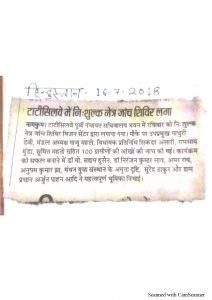
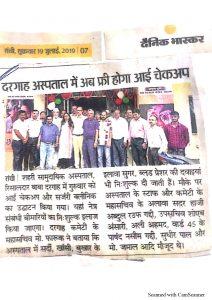
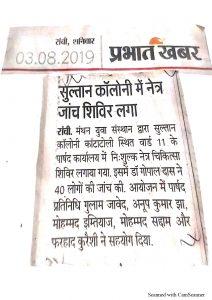
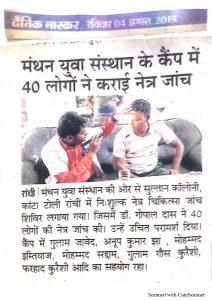
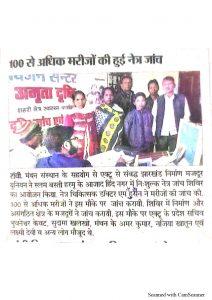
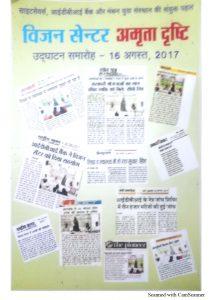
Rationale for the project
- Urban Slums of Ranchi district of Jharkhand have very low exposure or experience towards cataract, low vision and refractive error.
- Urban Slums lack the affordable basic infrastructure and facilities of basic vision screening and awareness.
- According to WHO, 68,000 of new cataract blind cases are registered every year in Jharkhand.
- 85% of cases are curable, but poor people are losing their eyesight in absence of proper medical facility at affordable prices.
- Approx 30% livelihoods of artisan groups are suffered due to poor visioning.
Methodology
The main methodology involves the following:
- Active involvement of all the stakeholders
- Orientation & training of informal health providers a key Resource
- IEC materials in local languages
- Schedule for vision screening camps and eye check up
- Referral services
- Product & services knowledge and their availability accessibility to urban slum population
Target Groups
- Screening of school children so that increase awareness of eye health which encourage children to become ambassadors of eye health within their communities.
- Training of teachers in schools so that increase referrals of children identified with eye disorders to screening camps and vision centre’s
- Establishment of vision centre’s in slum communities so that increase accessibility of eye care amongst slum dwellers especially women and children.
- Screening of adults’ community screening programmes and home visits. People identified with cataract referred for surgery to base hospitals
- Provision of free spectacles for poor children. The spectacle provision will create demand for spectacles amongst urban slum communities.
- Provision of adult and child cataract surgeries. Increase accessibility of sight restoring surgery which will have a positive impact on quality of life.
Activities done
- Set up of vision centre
- Recruitment of staff for vision centre
- Preparation of IEC material
- Dissemination of IEC material among the community to propagate
- Baseline survey in Ranchi urban
- Orientation for vision centre staff at Kolkata office
- Launching event of the project
- Camp for vision screening
- Camp for DR screening
5. CAPACITY BUILDING & SKILL UPGRADATION with NIOS(National Institution of Open Schooling)
Project Background:
Programme Objectives:
– Provide the most marginalized groups with access to quality education and skill for gainful livelihood
– Offer education for drop outs and to those who have never been to school to reintegrate students back into the formal education system
– Provide a platform for safe and secure environment conducive to learning & training.
Manthan is an accredited institution of NIOS, GOI for
secondary course since 1999. At the Manthan Head Office campus myriad education programmes run including an Opportunity for Drop Out/Failure students (NIOS)
to re-take their secondary board examination. About
hundred students enrolled each year under the NIOS programme. Most of the students have taken admission in schools and colleges to complete their further education. Manthan’s inclusive enrolment strategy has
continued to improve literacy rates of the most marginalized groups in the target areas.
